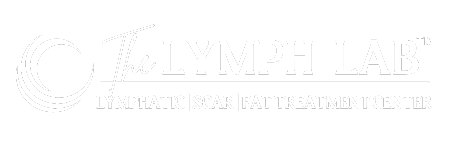Scar Release Therapy
Scars: they're the silent storytellers of our most trying times – of endurance, loss, and the hard-won battles we've faced.
Scars can cause anxiety, depression, digestive issues, autoimmune disease, chronic pain, brain fog, and fatigue.
Treating scars can lead to permanent healing and you can feel like yourself all without medication.
Dolphin micro-point stimulation helps release tissue so that lymph flows easily!
Have you considered the dangers of scars and how they affect your physical and mental health?
Scars can lead to cognitive deterioration and nerve damage, causing chronic pain and problems with digestion, hormones, blood circulation, reproduction, and energy levels. Scars can even cause anxiety, depression, digestive issues, autoimmune disease, chrionic pain, brain fog, and fatigue.
Scars can disrupt blood flow and energy along the body's meridians, leading to blocked energy and poor circulation, often in the legs.
Scars lead to adhesions within the body. These adhesions restrict movement like a "straight jacket", impairing muscles and organs and causing pain.
Scars activate the stress response in our body and can lower heart rate variability (HRV), hindering our ability to heal efficiently.
Scars can damage the fascia, leading to distortions that spread, creating imbalances in the body's structure and long-term pain.
Scars can disrupt hormone balance by triggering stress responses that increase cortisol and decrease sex hormones.
Treating scars can lead to permanent healing and you can feel like yourself; all without medication.
Uncover the True Impact of Scars: Beyond Skin-Deep
Scars Affect More Than Just the Surface:
Can contribute to chronic pain after surgery
May keep the body stuck in a stress response, reducing vagal tone
Can lower heart rate variability (HRV), impacting resilience
Disrupt and tighten fascia, limiting mobility and flow
May lead to internal adhesions and stuck patterns
Interfere with lymphatic movement and healthy circulation
Can impact gut balance — which affects mood, clarity, and brain health
You may want to receive treatment if you have experienced any of these after C-Section:
Chronic pain
Depression
Brain Fog
Fatigue
Autoimmune diseases
Headaches
Gut/Digestive Issues
Anxiety
Scar Release Treatments Get Results!
Scar Release Therapy (SRT) is an innovative treatment aimed at lessening the harmful impact scars have on our bodies.
SRT uses a gentle DC current (Dolphin Neurostim-MPS) that reaches deep into the tissue, breaking down scars and boosting cell function, energy, and protein creation (Cheung 1982).
This comfortable, non-surgical method rapidly softens scars, making them smaller and significantly relieving chronic pain (Success rates: OGN – 82%, JCIAM – 73%).
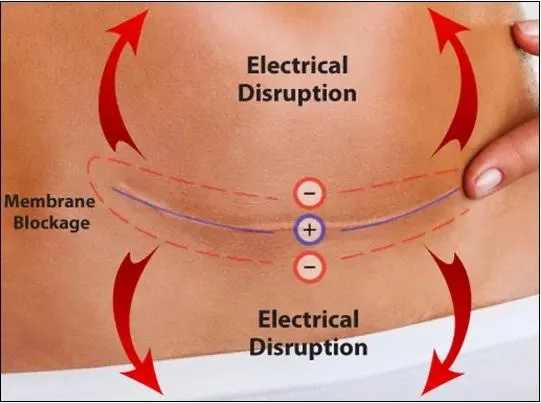
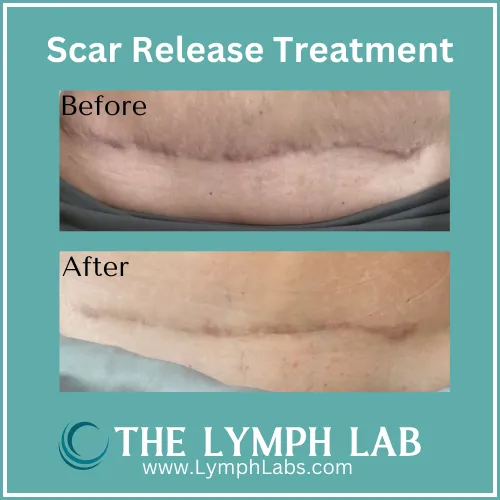
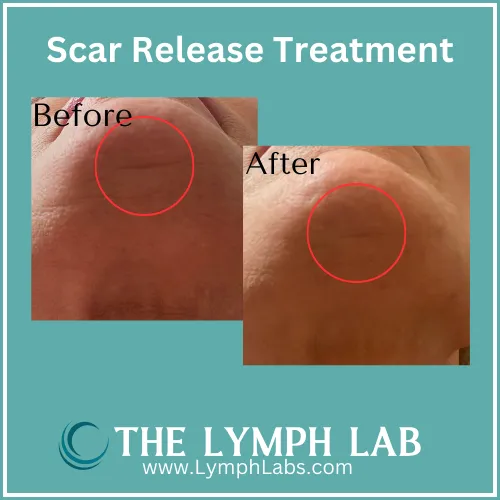
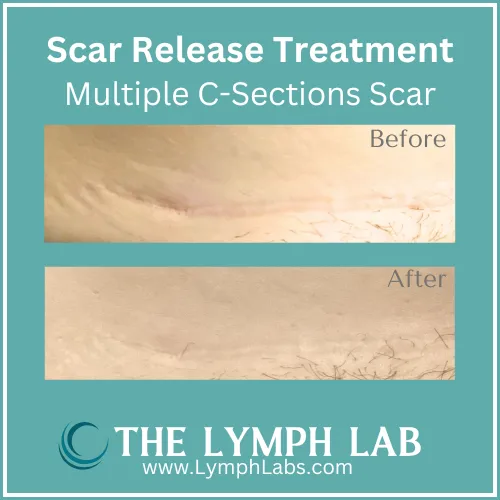
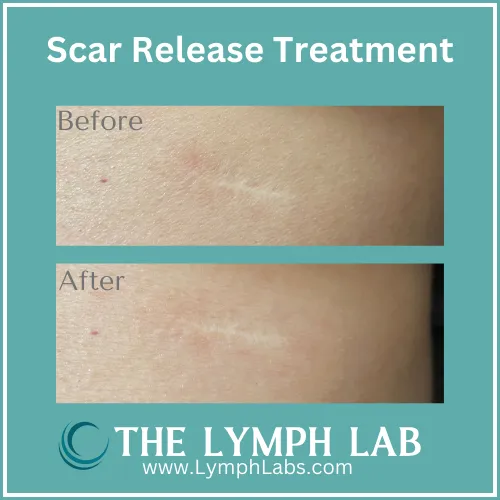
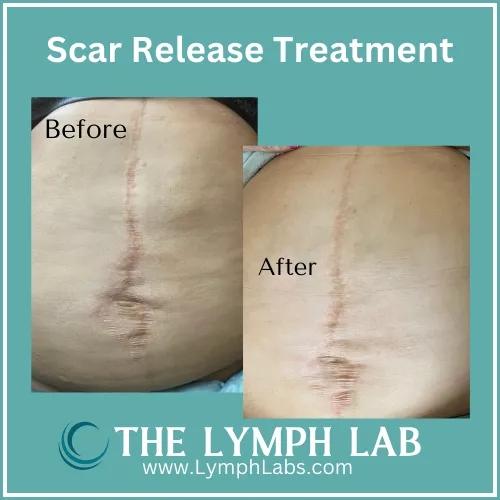
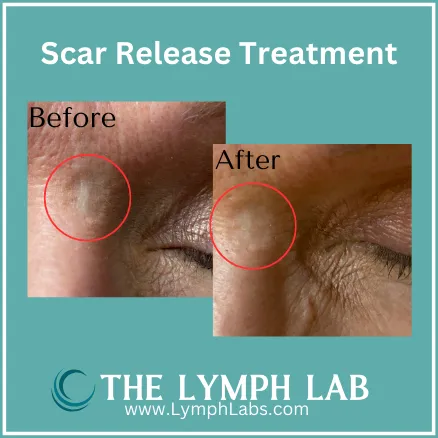
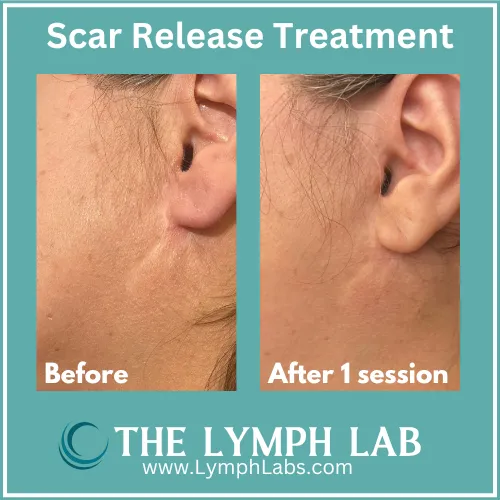
FAQS of Scar Release
What do I expect during my Scar Release Session?
Dolphin Scar Release Therapy is safe and non-invasive when used as directed.
A typical session lasts aroung 20-25 minutes, depending on the size and location of the scar(s). Sometimes multiple scars require an extended session.
Scar Release is not painful - the small DC microcurrent applied is 98% LESS voltage than any other electro-therapy device on the market. Keep in mind, some of the points treated may be tender and patients may sense a slight tingling sensation due to the microcurrent therapy.
How soon can I get my scars treated?
You can typically begin Scar Release Therapy immediately after surgery (in the hospital room) or you can start treating your scar when you are home.
How many sessions are needed for best results?
The number of sessions depends on factors such as the scar’s age, size, and type. While many patients notice improvements after just one session, achieving optimal results typically requires around 6 sessions.
Scars develop over 2-3 years after surgery, so older scars may need additional treatments, while newer scars often respond in fewer sessions. The best results are achieved when treatment is applied consistently over time.
What are the contraindications for Dolphin Scar Release Therapy?
Contraindications may include pregnancy, active infections, certain types of cancer, and pacemakers.

